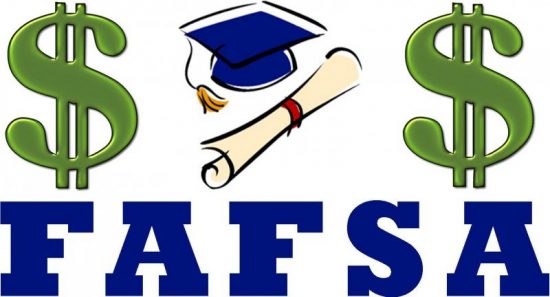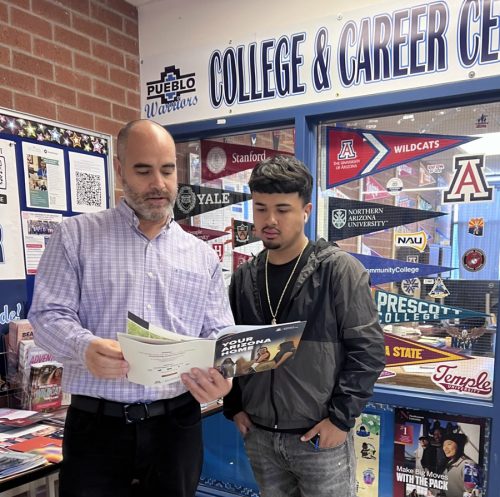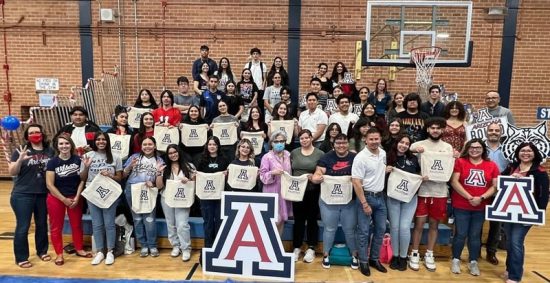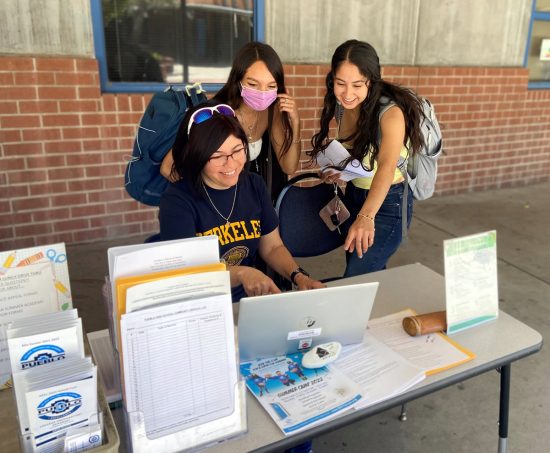by Alyvette Moreno & Jenna Twaje
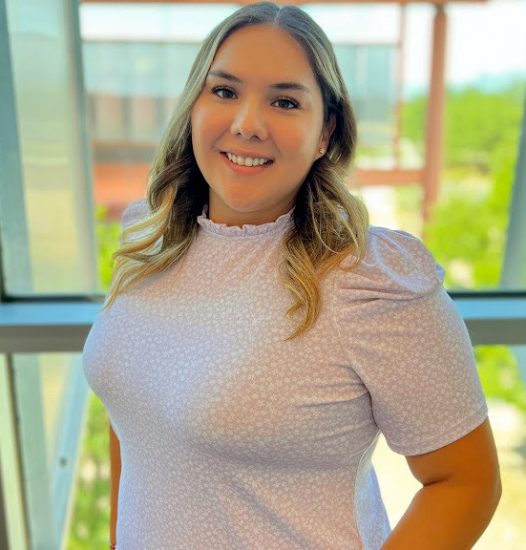
TRIO Educational Search, or “EST” for short, is one of the many programs here at Pueblo High School dedicated to supporting students and helping them succeed in their education.
While the commitment is lower than Upward Bound where students meet three times a week, TRIO-EST still offers students many opportunities such as workshops, tutoring, campus tours and more. Instead, students in EST are required to meet two times during the school year, although members can meet whenever they work.
Currently, students are not required to have a specific GPA to join ETS. The only requirement to join is to be a U.S citizen or U.S resident. Students can join at any grade, but students cannot be in both ETS and Upward Bound simultaneously.
“Our main goal is for every student to graduate knowing what they want to do after high school,” said Ms. Grissel Bojorquez, the coordinator of TRIO-EST.
She decided to become the coordinator of the program because she felt a need to people just like her.
Paola Salazar, a senior, said, “It’s been helpful having a mentor whenever I need it.”
Since learning about TRIO in her freshman year Salazar got all sorts of help such as having her college essays proofread and reviewed—as well as financial aid and help with her applications.
Having been in ETS since his sophomore year, Nae Alba, a junior, hopes that this experience will help him get into his dream university. Finding out about ETS from his older sister gave Alba the opportunity to get help with FASFA, college applications, and tutoring.
TRIO-ETS is a resource many students use to help in their pursuit of higher education. The support given to students by TRIO-ETS empowers them and helps them achieve their full potential.
“It is a very helpful program that provides resources to help me in my college journey with FASFA and college applications,” said Alba.
